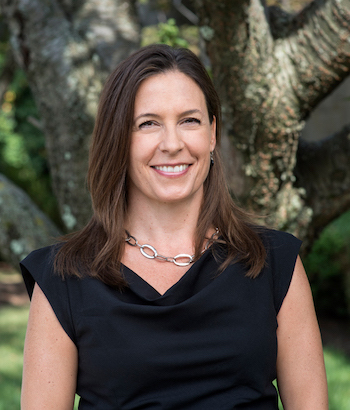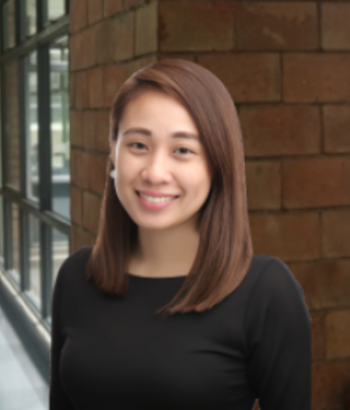Climate Change & Migration
Over one hundred million people around the world are now forcibly displaced from their homes—including thirty-five million refugees forced from their own country. Climate change exacerbates the environmental, political, and economic factors that drive migration in complex ways. How can scholars who study migration collaborate with scholars of climate change to address these worsening conditions?
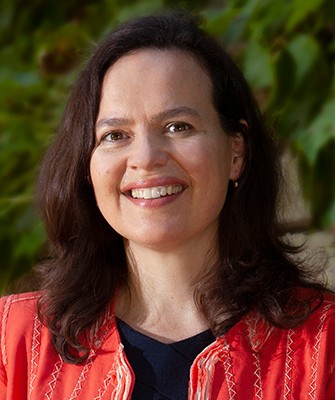
Katharine Young
Associate Dean for Faculty and Global Programs, Professor, and Dean’s Distinguished Scholar at Boston College Law School
“There may be no ethical challenge more immense than that wrought by our changing, and in some places now unlivable, climate. Migration due to environmental degradation or extreme weather events is often forced on the world’s most vulnerable people, who are least responsible. Our Working Group brings together renowned experts from Boston College and across the world to grapple with this profound challenge, and I look forward to the insights that will come in bridging the environmental and earth sciences, ethics, human rights, social work and law.”

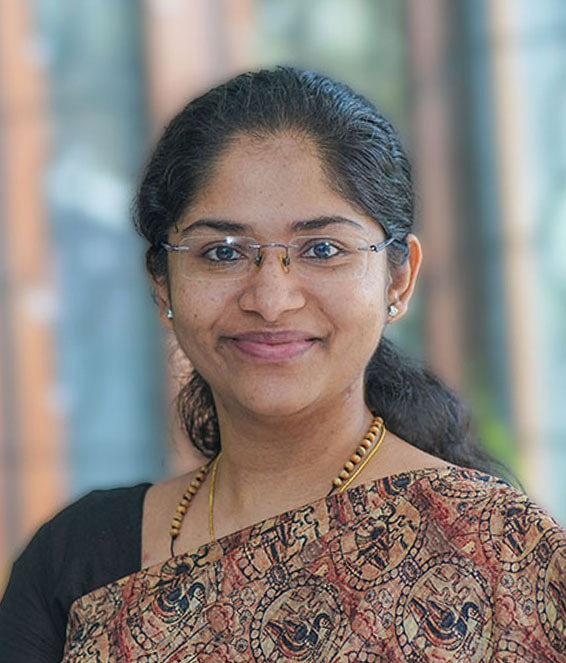
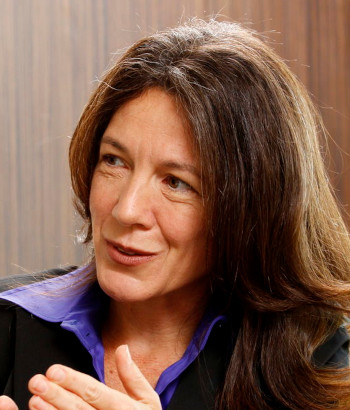
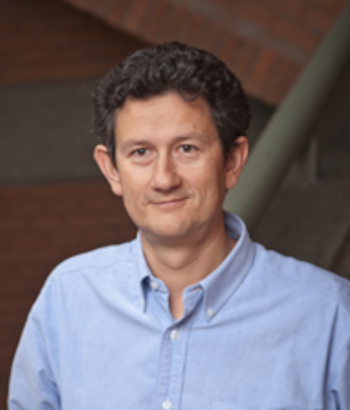
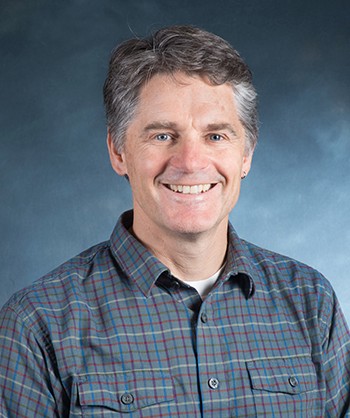
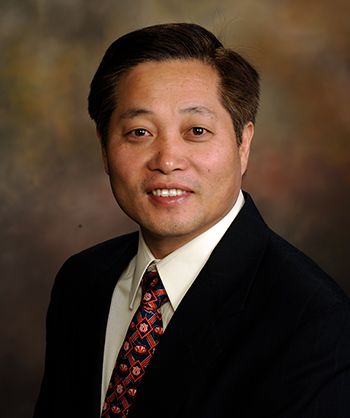
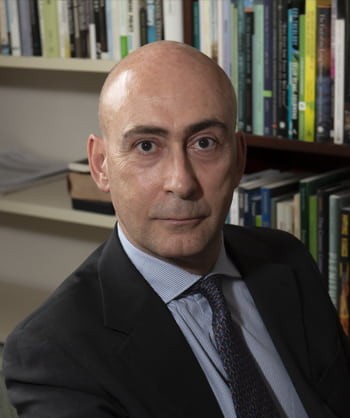
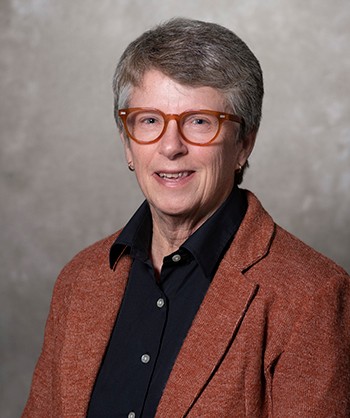
Affiliated Members
The working group on Climate Change and Migration, chaired by Katie Young, will meet three times each semester during the 2023-24 and 2024-25 academic years. BC participants will meet in person; international member will connect virtually from Santiago, Manila, and Tokyo.
Fall 2024 (times given in Boston Time)
September 10, 7:00-8:50am
October 8, 7:00-8:50am
November 12, 9:00-10:50am
Spring 2024 (times given in Boston Time):
January 14, 9:00-10:50am
March 11, 9:00-10:50am (tentative)
May 6, 9:00-10:50am
* note that the group will NOT be meeting in February or April
The working group on Climate Change and Migration brings together experts on international public law, earth & environmental science, sustainability, agriculture, social work, theological bioethics, and policy planning to think systematically about the ways we must respond to the migration crisis.
Although no one group can resolve the myriad issues surrounding climate change and migration, this Working Group will collect and produce resources to help academics and public policy makers improve how they address these threats.


